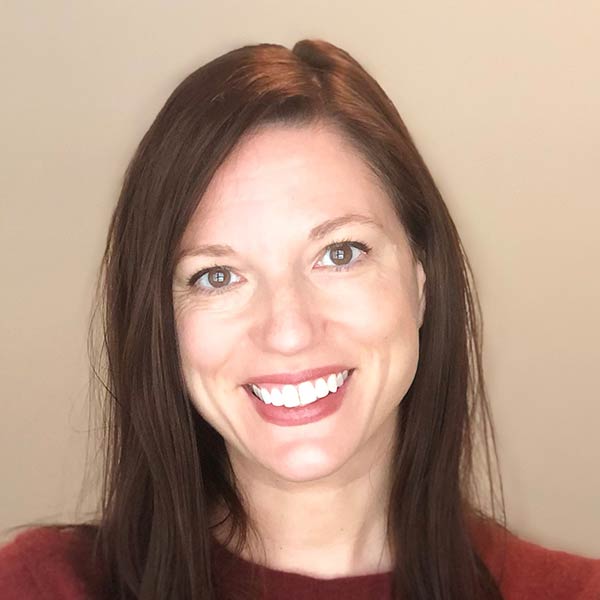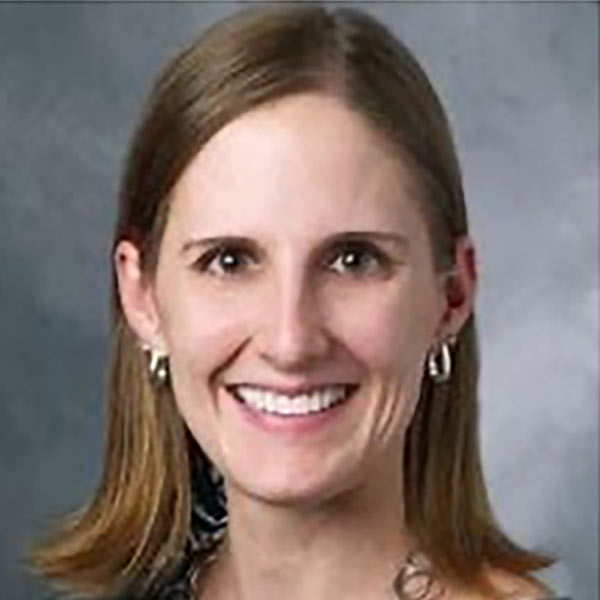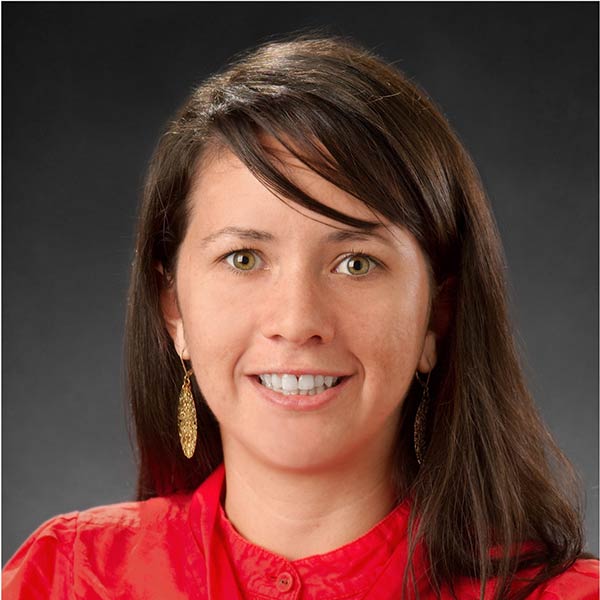PROTEUS — PRACTICE

Supporting Electronic Evaluation of Symptoms for Anxiety and Depression After Childhood Cancer Treatment (SEE-SAD-ACT)
Emory University, Jordan Marchak (Principal Investigator)
Here you can learn more about the “Supporting Electronic Evaluation of Symptoms for Anxiety and Depression After Childhood Cancer Treatment (SEE-SAD-ACT),” which is part of the PROTEUS Learning Health Network. The Learning Health Network is focused on improving the use of patient-reported outcomes (PROs) in oncology clinical practice. Also, you can read about the valuable insights that have emerged from their participation in the Learning Health Network.

Jordan Gilleland Marchak, PhD, ABPP

Karen Effinger, MD, MS

Ebonee Harris, MPH

Rebecca Williamson Lewis, MPH
Project Overview
Our project aims to leverage electronic health record (EHR) technology to promote evidence-based screening for depression and anxiety among survivors of pediatric cancer using patient-reported outcomes (PROs).
Using user-centered design methods, we have modified our instance of Epic Welcome® to screen survivors using Patient-Reported Outcomes Measurement Information System® (PROMIS) measures and created clinical workflows to respond to depression and anxiety screening results at point-of-care during pediatric survivorship appointments.
Work is underway to assess implementation outcomes, including service penetration, fidelity, acceptability, feasibility, and appropriateness of ePRO mental health screening as measured by EHR reports and user surveys. At the end of the study period, we will assess for equity in implementing ePRO screening based on patient characteristics (e.g., race/ethnicity, language, geographic location, health literacy).
Learning Health Network Experience
Support from PROTEUS has been integral to our project’s development and success, providing both tangible resources and invaluable intellectual support. The training materials and workshops offered by PROTEUS have enhanced the skills of our team members. PROTEUS has facilitated collaborative learning alongside researchers at other institutions working on similar projects. This has broadened our perspective and allowed for group feedback, problem-solving, and sharing of resources, which has accelerated our progress.
